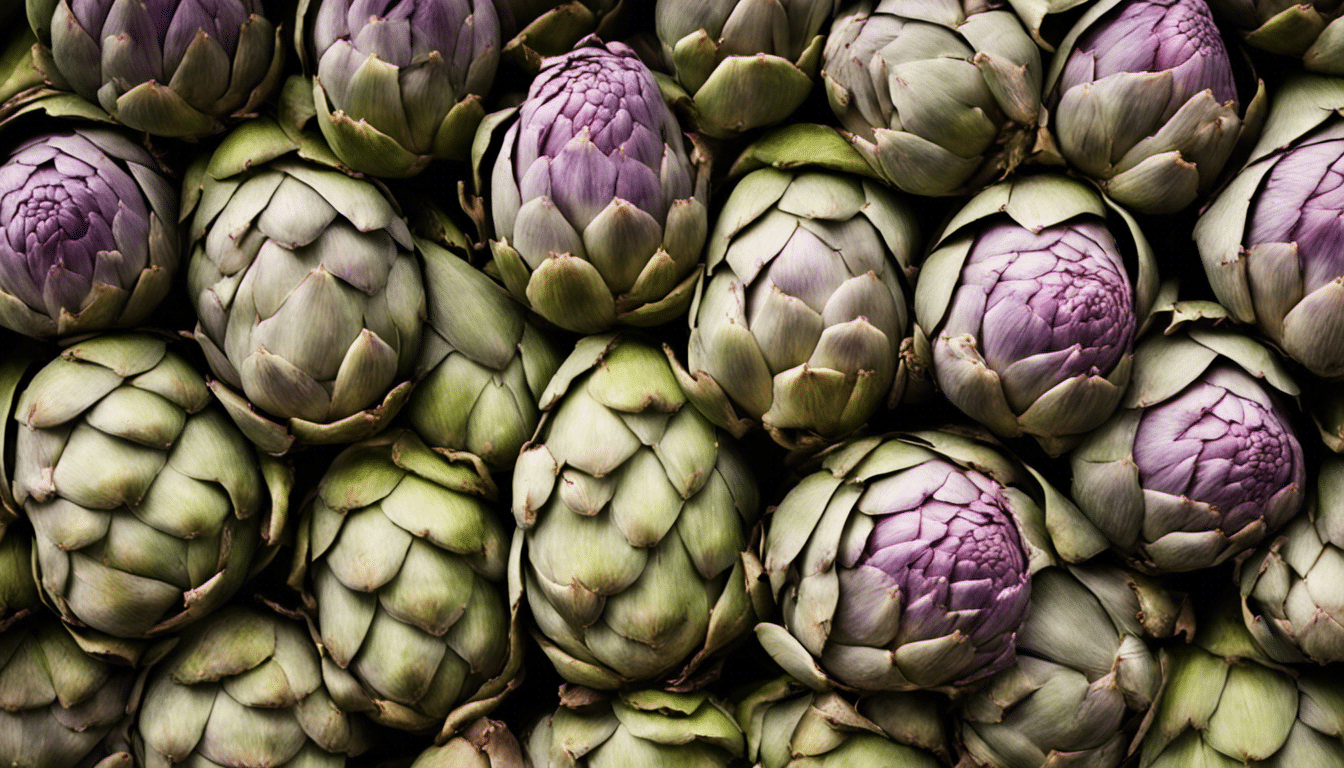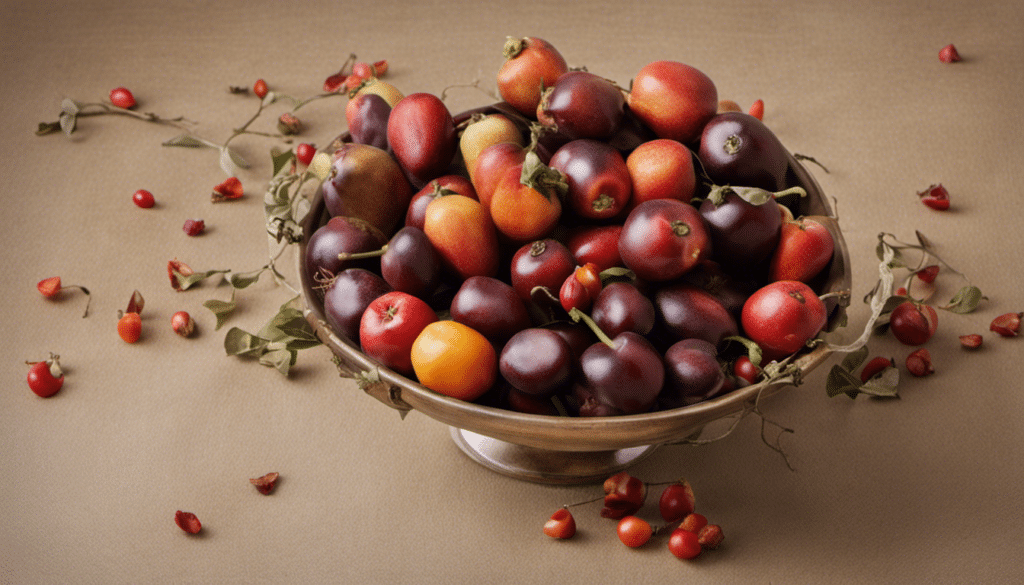All About Artichokes
Artichokes, with their stunning blossom-like appearance, make an impressive addition to the dinner table. More than just a visually appealing treat, this wonderful vegetable is packed with nutrients that provide a wealth of health benefits. Grab your fork and a dollop of butter because we’re taking a deep dive into what makes artichokes a culinary star.
A Bite Into History
Artichokes are believed to be native to the Mediterranean and Canary islands. One of the oldest known cultivated plants, they were popular with the ancient Greeks and Romans. Through the centuries, this fascinating vegetable has graced the elite platters of French royalty and starred in Italian antipasto. Still a beloved food today, its cultivation is significantly concentrated in countries like Italy, Spain, and France (source).
The Power of Nutrition
Artichokes are no ordinary flower bud, inside their petals (technically bracts) lies a powerhouse of nutrients. To begin with, they’re an excellent source of dietary fiber and antioxidants. They contain inulin, a type of fiber that supports digestive health. Plus, their rich antioxidant content, including the flavonoids luteolin and apigenin, help combat oxidative stress in the body source.
If vitamins and minerals are what you’re after, artichokes have got that covered too. They’re high in Vitamin C, which aids immunity, and Vitamin K, which supports bone health. On the mineral front, they contribute a generous amount of potassium believed to help regulate heart rate and blood pressure, and magnesium which is crucial for many biochemical reactions in the body (source).
Potential Health Benefits
But the goodness of artichokes doesn’t end just at being laden with nutrients. This unique vegetable is associated with a number of potential health benefits. For instance, the fiber content of artichokes can aid in digestion, while the antioxidant properties may contribute to heart health and liver health source.
Furthermore, some studies suggest that artichokes may have a role to play in managing cholesterol levels and blood pressure, potentially reducing the risk of heart disease. And let’s not forget their potential importance in blood sugar control, which could make them a valuable inclusion in a diabetic diet (source).
It’s important to note that while all these benefits sound fantastic, more research is needed, particularly in humans, to fully confirm these effects.
Culinary Corner
From being grilled, boiled, to getting baked into a heartwarming casserole, the versatile artichoke fits right in with a variety of cooking techniques. Its unique taste – the perfect harmony of slightly sweet and subtly bitter – blends well with an assortment of spices and flavors, finding its place in cuisines worldwide.
So whether you’re looking for a fiber-rich snack, a nutrient-dense addition to your salad, or want to savor them in dips and spreads, artichokes have they covered. Truly, there’s more to the artichoke than meets the eye.
Artichoke Recipe Ideas
- Artichoke and Spinach Dip
- Roasted Artichokes with Garlic and Parmesan
- Braised Artichokes with Lemon and Thyme
- Artichoke and Mushroom Risotto
- Grilled Artichokes with Lemon Aioli
- Artichoke and Sun-dried Tomato Pasta
- Slow Cooker Artichoke Chicken
- Artichoke, Leek, and Potato Casserole
- Artichoke and Feta Cheese Stuffed Zucchini
- Artichoke and Olive Tapenade




